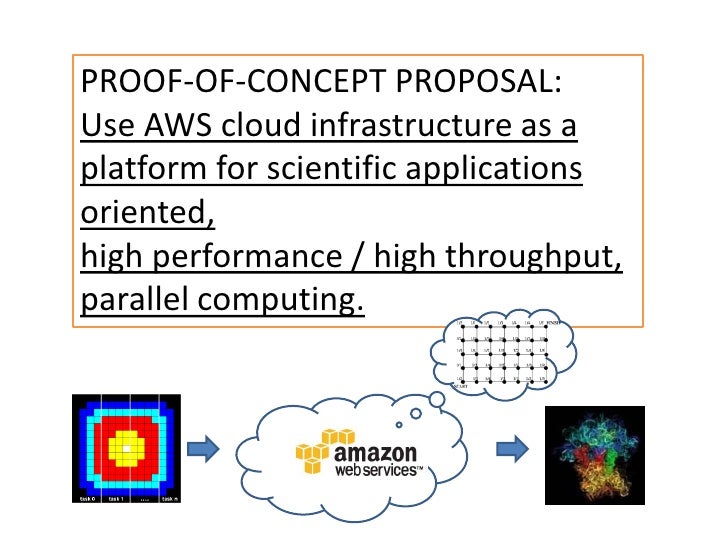Download Ebook: parallel scientific computing in c and mpi in PDF Format. Also available for mobile reader. Parallel Scientific Computing in C++ and MPI. Proceedings of the 2006 international symposium on Software testing and analysis, July 17-20, 2006. Parallel Scientific Computing in C++ and MPI: A Seamless Approach to Parallel Algorithms and. Kit of tools consisting of a software library and multi.


Numerical algorithms, modern programming techniques, and parallel computing are often taught serially across different courses and different textbooks. The need to integrate concepts and tools usually comes only in employment or in research - after the courses are concluded - forcing the student to synthesise what is perceived to be three independent subfields into one. This book provides a seamless approach to stimulate the student simultaneously through the eyes of multiple disciplines, leading to enhanced understanding of scientific computing as a whole. The book includes both basic as well as advanced topics and places equal emphasis on the discretization of partial differential equations and on solvers. Some of the advanced topics include wavelets, high-order methods, non-symmetric systems, and parallelization of sparse systems. The material covered is suited to students from engineering, computer science, physics and mathematics.
'This book is a valuable addition to the literature on numerical algorithms.' Numerical Algorithms 'There is plenty of material for a two-semester sequence, or selected chapters could be used for a one-semester course on numerical linear algebra.
The presentation is clear, practical, and lively. This text would be a very useful reference for statistics students and professionals) seeking to take their statistical computing skills into the parallel realm.' Journal of the American Statistical Association. Assistant Loco Pilot Previous Year Question Paper Pdf.
Parallel Libraries Using MPI • Numerical software libraries for the parallel solution of sparse linear systems, nonlinear equations arising from the discretization of PDEs, unconstrained minimization, etc. • The MPE libraries in the () contain MPI libraries for profiling and program visualization, X11 graphics, and sequential sections. • is a program for measuring the performance of an MPI implementation. •, version 1.2, includes routines for the solution of linear systems of equations, symmetric positive definite banded linear systems of equations, condition estimation and iterative refinement, for LU and Cholesky factorization, matrix inversion, full-rank linear least squares problems, orthogonal and generalized orthogonal factorizations, orthogonal transformation routines, reductions to upper Hessenberg, bidiagonal and tridiagonal form, reduction of a symmetric-definite generalized eigenproblem to standard form, the symmetric, generalized symmetric and the nonsymmetric eigenproblem. • The HDF5 I/O library () supports parallel file access in a message passing environment through the use MPI and MPI-IO. HDF5 is widely used by scientific applications for data storage, particularly for very large, complex datasets and in high performance computing environments. Parallel HDF5 has Fortran and C language interfaces.
• (Under development) • is designed to provide a user friendly infrastructure for building parallel dense linear algebra libraries. • A has been developed by Jim McElwaine. Updated 1/8/98 and tested on SR2201 and LINUX. • A Fortran 90 module that provides enhanced Fortran support for all MPI1.1 procedures is available. This includes explicit generic interfaces as well as optional arguments.
The template based source code, makefiles for different architectures (Linux/ IBM RS6000/ DEC Alpha + MPICH, SGI O2k, Cray T3E) and documentation are freely available. • The Message-passing tools for Structured Grid communications (MSG) are intended to simplify coding of data exchange within FORTRAN 77 codes performing data transfers on distributed Cartesian grids. The idea of having this library came from the necessity to provide means of parallelization to programmers involved in the developement of meteorological models. The focus was mainly on performance. The MSG functionality is somewhat similar to this of your `distributed array' management tools in PETSc. The URL of the MSG toolkit is • There is a collection of from the book.